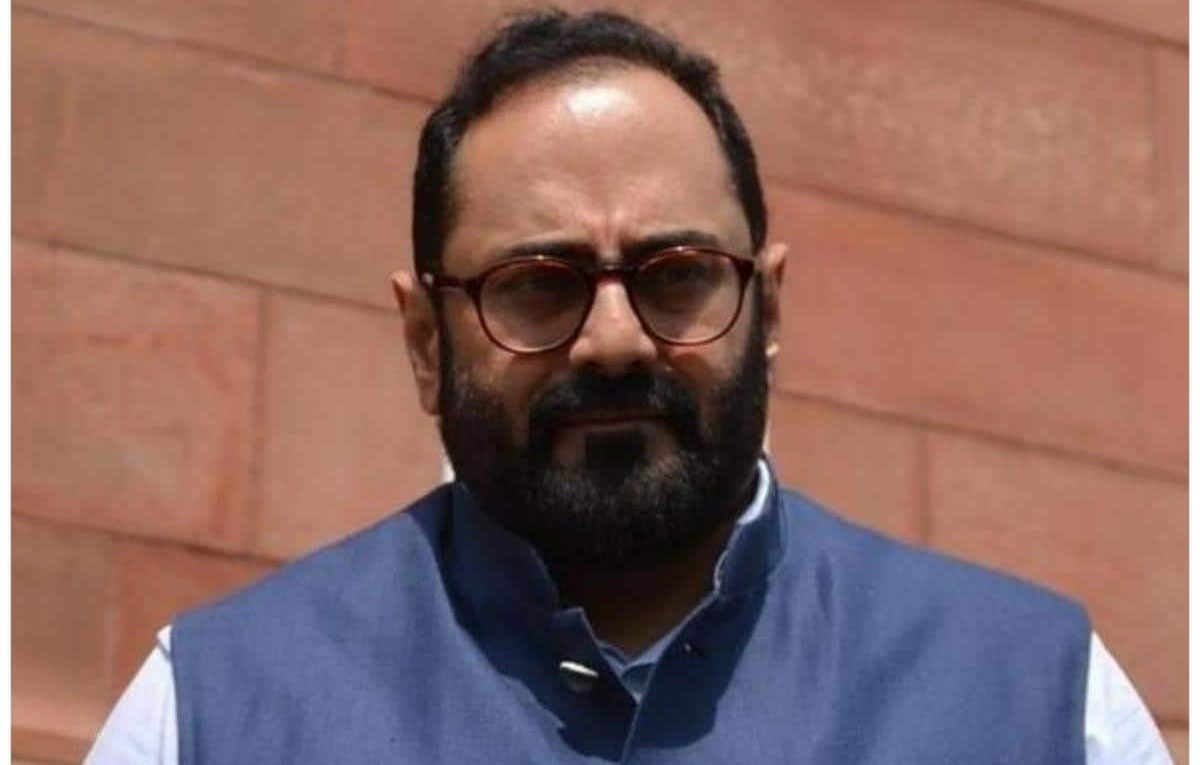Startups in India to grow tenfold in next 4-5 years: Rajeev Chandrasekhar
Hailing India’s remarkable progress in building start-ups and start-ups, Union Minister Rajeev Chandrasekhar predicted that the next four to five years will witness a significant growth of such companies and that startups in the country will increase by a factor of 10.
Speaking at the JITO Incubation Innovation Foundation (JIIF) 6th Incorporation Day and Investors/Startup Conclave in Hyderabad, the Union Minister of State for Skill Development, Entrepreneurship, Electronics and Information Technology highlighted the remarkable progress India has made in creating unicorns and startups, and how They succeeded. Entered areas in emerging technologies such as AI, Web3 and deep tech, an official statement said Sunday.
Engaging with industry leaders and aspiring young entrepreneurs, the minister emphasized the transformative journey that India has embarked on since 2014.
Focusing mostly on IT and IT, Chandrasekhar said during his interaction, the next four to five years will see huge growth for startups and unicorn companies.
He said, “In 2014, our country’s technology landscape was limited to IT and IT. However, since then, opportunities have emerged across various fields such as deep technology, artificial intelligence, data economy, semiconductor design, microelectronics, and high-performance computing. “. .
He said that due to Prime Minister Narendra Modi’s vision, what was once just a third of the total tech space has now expanded, offering huge potential for start-ups and startups.
“From 108 unicorn companies, I am sure we will reach 10,000 in the next 4-5 years. Today, we have more than one startup in India and it will increase by 10 times,” the minister said, according to the statement.
Chandrasekhar further applauded the collaborative efforts between industry and government to promote skills development.
Mindful of the historical challenges faced by a large portion of the population who lack skills, the minister emphasized the transformative impact of PM Modi’s Skill India initiative.
He said that through strategic partnerships with both large and small companies, the government is now working closely to identify the skills needed, creating an overarching framework with the active participation of academia, communities and businesses.
“In 2014, three out of every four Indians were unskilled. Professionals joined the workforce every year without skills, and this was the legacy and the reason why there were many smart people for many years, but they left abroad,” he said. .
Education and skills were available to the elite part of society and the rest were left to fend for themselves and survive on their own. He said Skill India reversed this trend.
“We continue to work with the industry in partnership with large and small companies and they tell us what these skills are and government partners towards creating a framework that will be developed through an academic network. Community and corporate partnerships are very important elements for startups,” the minister added.
(Only the title and image for this report may have been reworked by the Business Standard staff; the rest of the content is generated automatically from a shared feed.)
